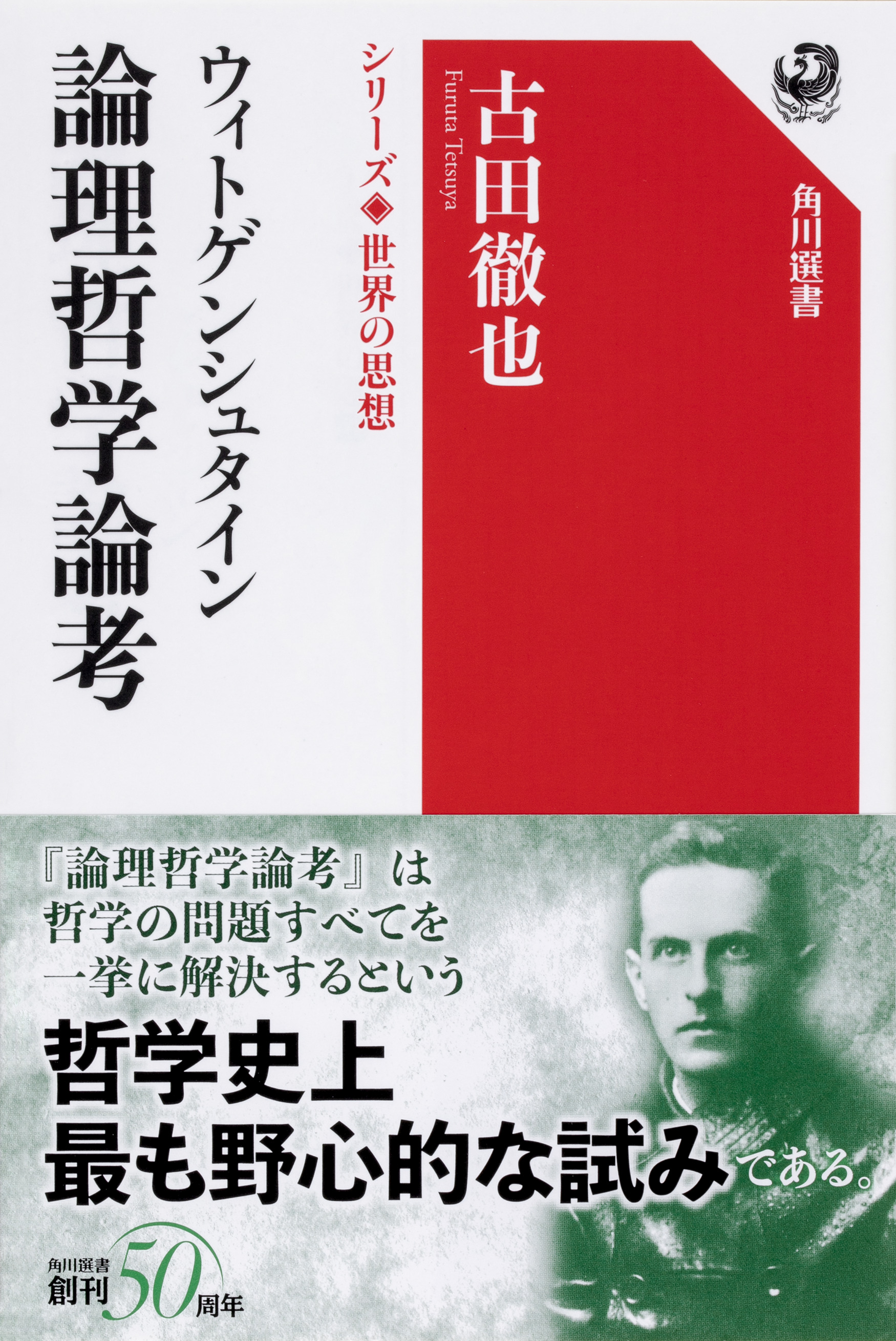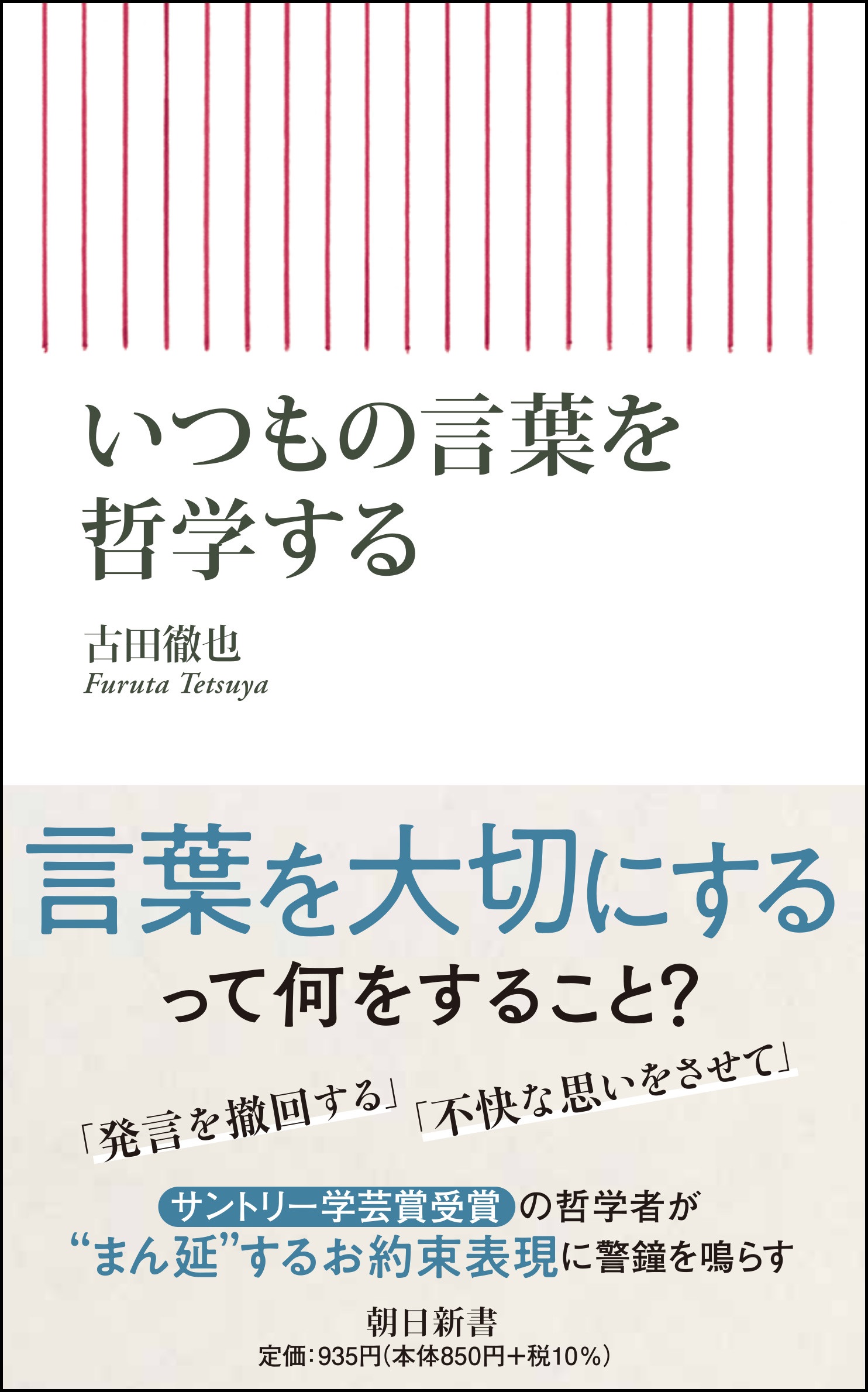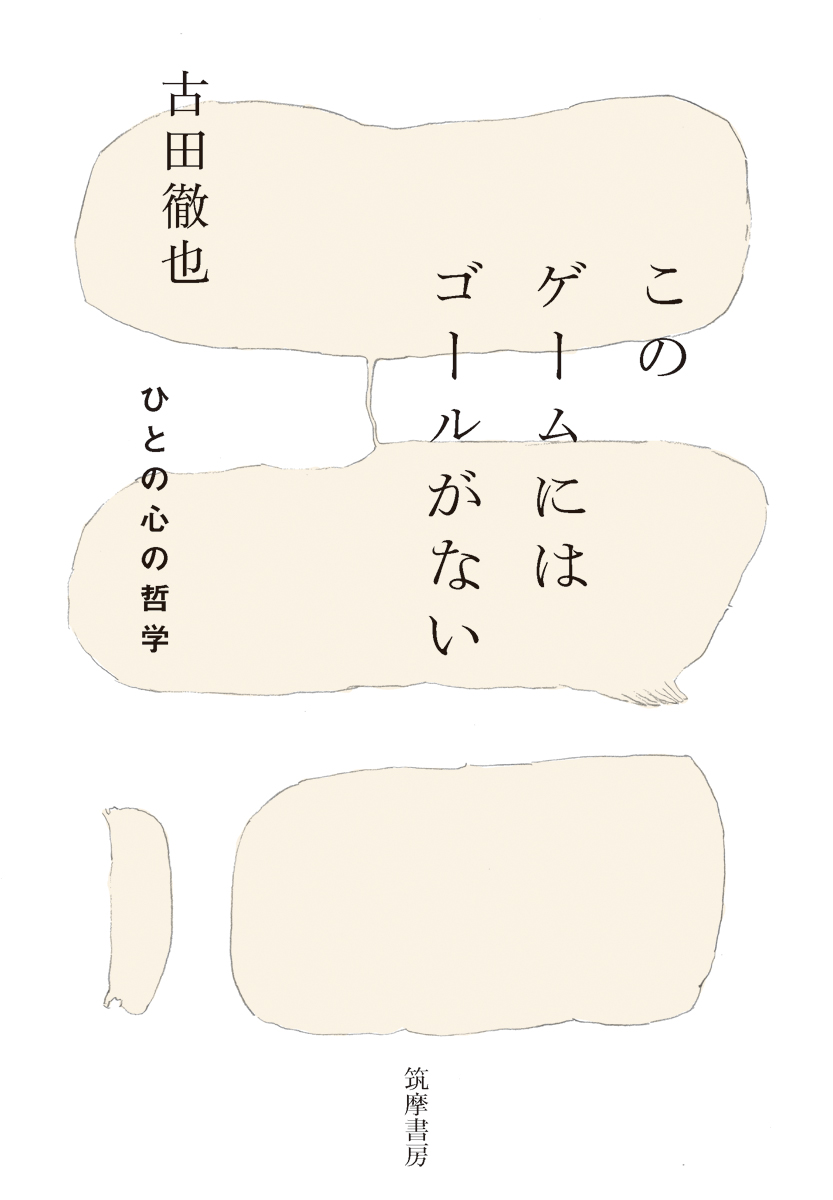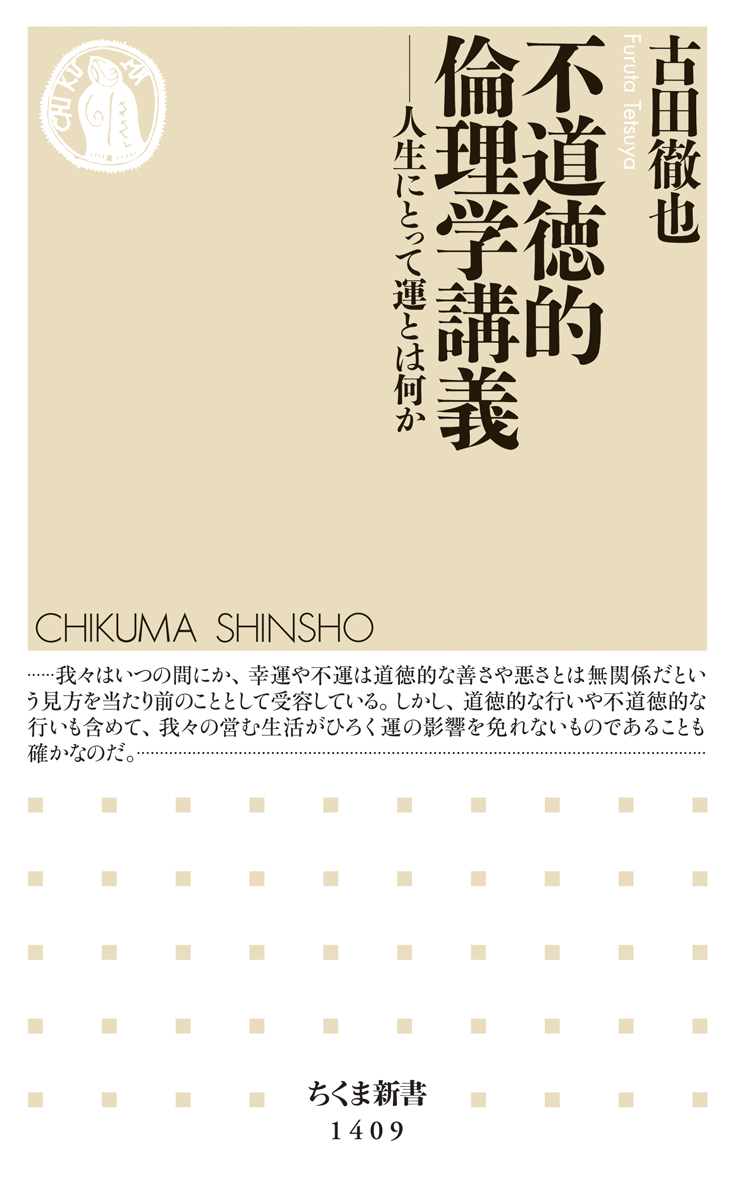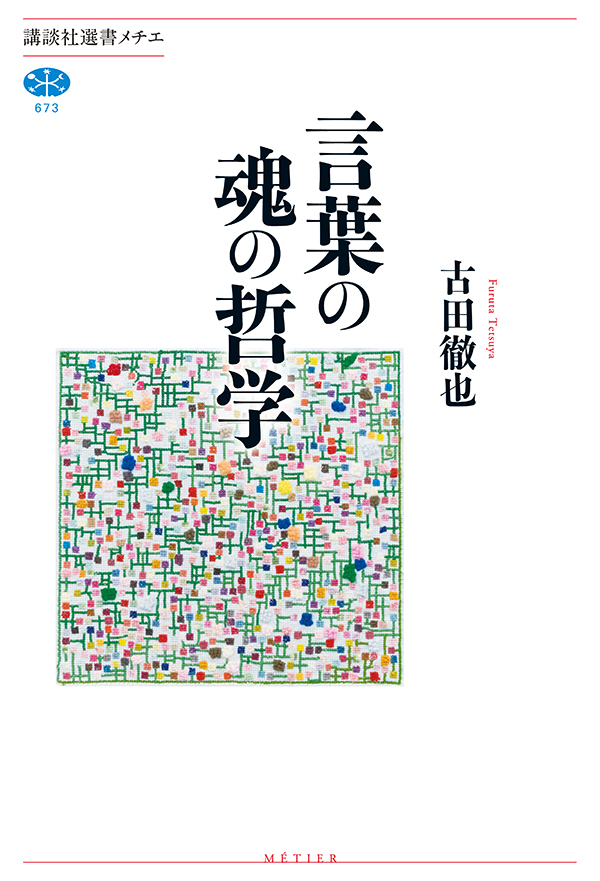
Title
Kotoba no Tamashi no Tetsugaku (A Philosophy of the Soul of Words)
Size
256 pages, 127x188mm
Language
Japanese
Released
April 10, 2018
ISBN
978-4-06-258676-4
Published by
Kodansha
Book Info
See Book Availability at Library
Japanese Page
There are moments when words come alive, as if they have been suddenly imbued with a soul. At other times, words may suddenly lose their expressiveness, as if their soul had left them, much like the experience of Gestaltzerfall, the decomposition of the Gestalt. To explore the meaning of such experiences in the practice of language, as well as their social significance, is the aim of this book: A Philosophy of the Soul of Words.
This book is structured as follows: Chapter 1 raises some basic questions by examining two short stories, Atsushi Nakajima’s “Mojika” (“The Curse of Letters”) and Hugo von Hofmannsthal’s “The Letter of Lord Chandos.” With these in mind, Chapters 2 and 3 seek answers to these questions, tracing theories of language proposed by the philosopher Ludwig Wittgenstein and the writer Karl Kraus.
The book’s latter half focuses in particular on the practice of “choosing the right words.” Such a practice requires us to compare similar words to discern subtle differences in nuance. This comprises an undoubtedly important part of the effort to “watch one’s language.” Nonetheless, should we really be so meticulous about the words we use? After all, mutual intelligibility is possible even with the most carelessly chosen words and hackneyed phrases. If so, does worrying about which word to choose from several analogous options reveal simply an excess of attentiveness to language—or perhaps no more than a fetish for words?
This present volume shows why this is decidedly not the case. The work of Wittgenstein reveals the vital importance that “choosing the right words” has for our use of language. In addition, Karl Kraus shows why doing so is an extremely important responsibility that we must fulfill (and one we all too often neglect). It is in the very process of trying to express something accurately—fumbling among similar words and finding the right one—that we most fully understand the meanings of words and thereby come to formulate our own thoughts. The reflexive repetition of ready-made and convenient phrases serves only to obstruct thought, and is utterly antithetical to it.
It goes without saying that we live alongside words. Since ancient times, humans have been defined as “animals possessing logos (words),” yet one often hears the criticism that words are now sorely undervalued. This criticism applies in a range of social and political contexts.
What, then, does it mean to “value” words? We often tell people to “choose their words carefully,” itself a rather worn-out phrase, without being clear about what we mean. What does “choosing one’s words” look like in practice? And why should we make the effort? Ultimately, this book is a response to such questions.
(Written by FURUTA Tetsuya, Associate Professor, Graduate School of Humanities and Sociology / 2020)
Related Info
2019 The 41st Suntory Prize for Social Sciences and Humanities - History and Civilization
FURUTA Tetsuya “A Philosophy of the Soul of Words”
https://www.suntory.com/sfnd/prize_ssah/list.html



 Find a book
Find a book



